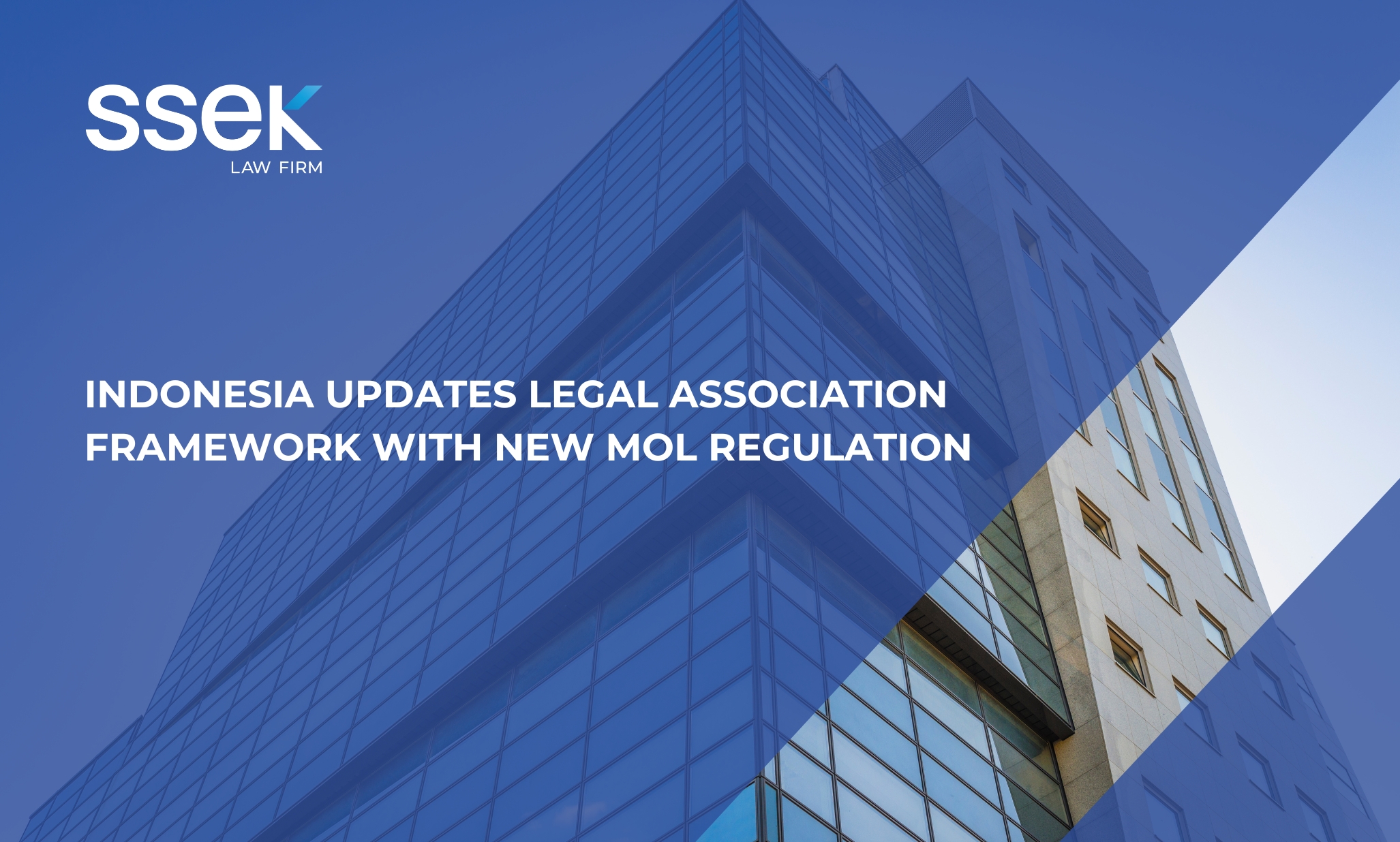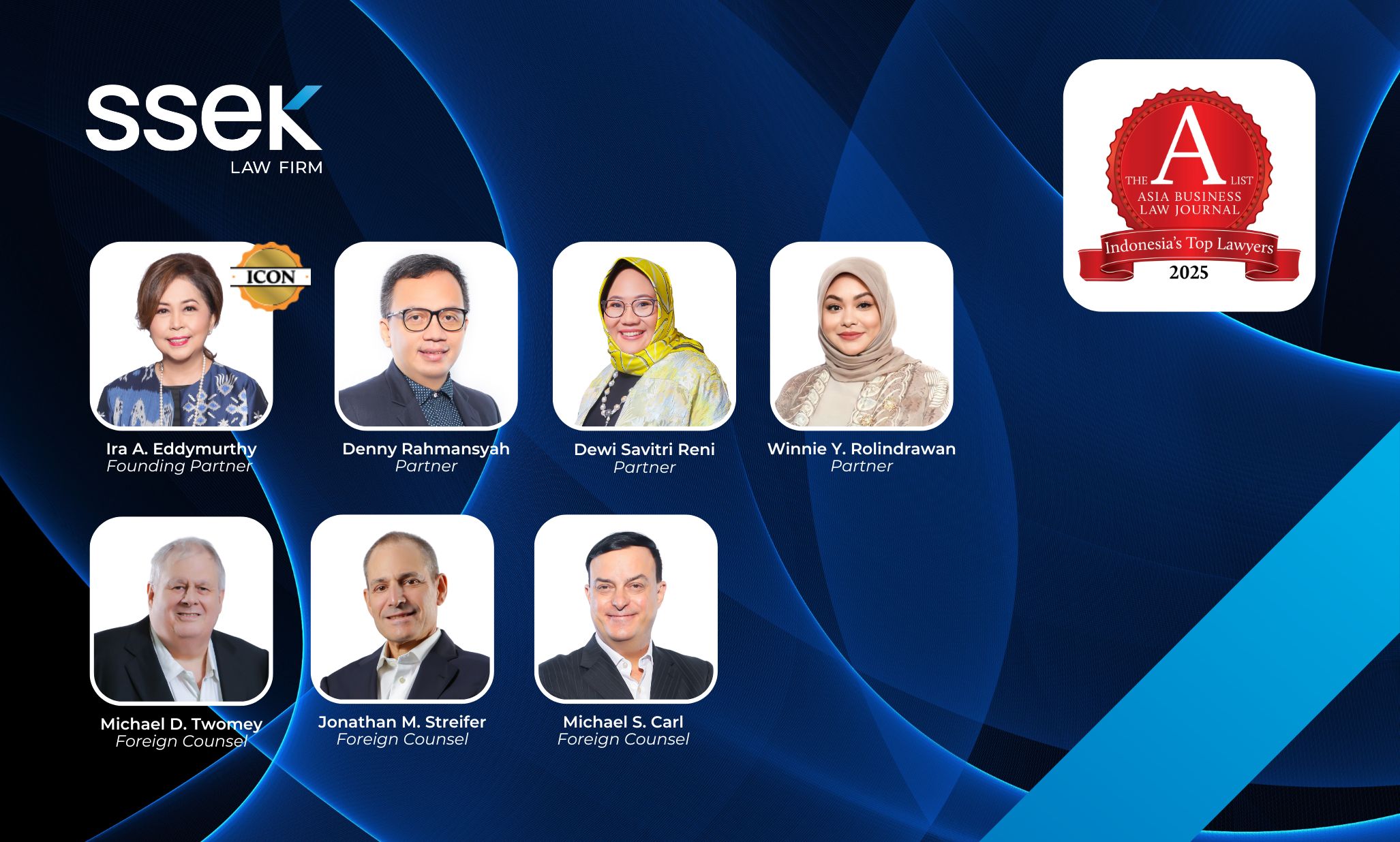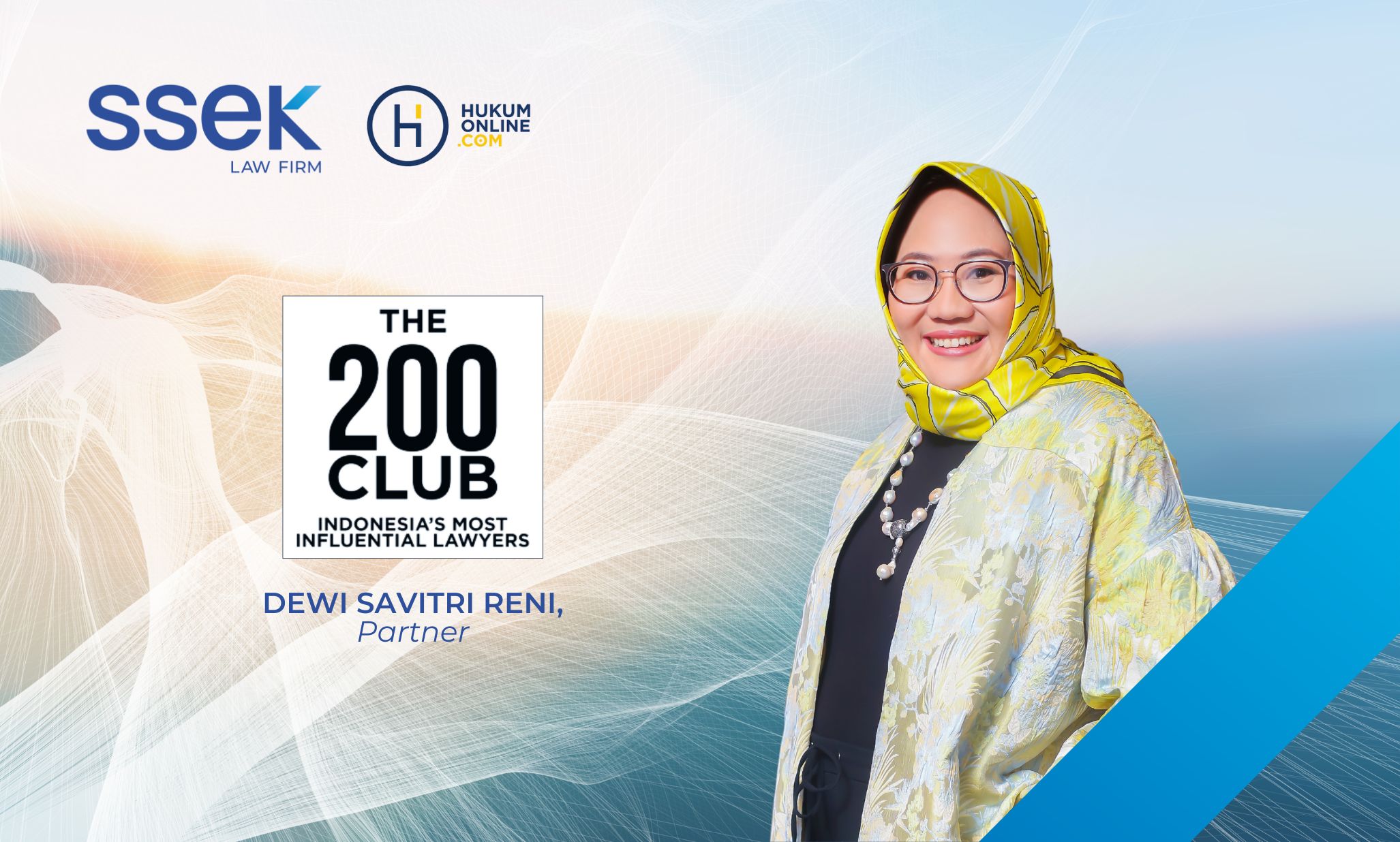

Where did you go and why? I went to Dallas, Texas, to participate in the 2014 Academy of American and International Law that was held by the Southwestern Institute for International and Comparative Law, for six whole weeks. This is the 51st year that the Academy has held this course. I was actually supposed to go last year but was unable to do so due to family matters. I am glad that I went this year, though!
Give us an overview of the training and what you learned? In our first week, we were introduced to the American common law system and the U.S. federal court system and proceedings. We also learned about negotiations and mediation and did a one-on-one simulation to practice effective and persuasive negotiations.
The following week, we learned about legal writing and using simpler words and sentences, as well as intellectual property rights. We also had a chance to experience a mock trial with a Texas district judge and several Dallas attorneys. It really showed me how good trial advocacy should be conducted, how to make good and on point persuasive arguments, the importance of making eye contact with the jury (seriously!), how to present good body language and attitude, and also the importance of the jury role.
During the mock trial, I was fortunate to be selected for the jury. It is hard to be on a jury since you need to separate your emotional feelings about the case and the parties involved. It was also interesting to experience the jury deliberations, where everyone has his/her own arguments and say. In the end it wasn's a unanimous decision.
For the rest of the week, we had various sessions on topics including international litigation, international business transactions, international arbitration, U.S. bankruptcy law, mergers and acquisitions and U.S. taxation. One of the most important sessions of the entire course was the law firm problem session, where we were divided into groups and were asked to prepare high-level advice on a complex legal problem involving cross-border transactions, data privacy and corruption (FCPA) issues. The high-level advice not only encompassed legal advice, but also a practical solution by taking into account the business and commercial aspects and risks.
We had three weeks to prepare a solid paper and presentation materials and were required to present our ideas in front of a panel of partners from several Dallas law firms during the fifth week of the course. Most of the sessions required active participation, so the professors would "cold call"€ us and ask for our views and opinions. This is quite effective in pushing us out of our comfort zones and encouraging us to talk more and be more engaged in the class.
How does this contribute to the work you do at SSEK? The experience of the Academy has definitely improved my English, both writing and speaking. The international exposure of meeting various people from different countries and backgrounds has also encouraged me to speak up more and has helped me to improve my communication skills and my ability to present ideas, which is very important when dealing with clients. I think the course also helped improve my way of analyzing legal problems, to be critical yet also practical, and has also broadened my knowledge of the U.S. legal system.
What are some of the differences/similarities between Jakarta and Dallas? It was early summer in Dallas when I was there so the temperature was pretty similar to Jakarta, although less humid. People in Dallas are very friendly and helpful, like most people in Jakarta. One of the differences between Jakarta and Dallas is that Dallas is cleaner, less crowded and less polluted. Everything is super big in Dallas, the roads, the cars, the food! Since the roads are big, I rarely saw traffic jams. There were quite a number of cars on the roads and you hardly see anyone walking on the streets since everyone drives or takes a taxi! I think the main reason is that the public transportation system is not that good and the distance between one building/area and another is quite far.
How did you find the transition between working full time and studying full time? I think studying full time in Dallas slowed the pace that I am used to, because we are always caught up with deadlines and client requests when working full time. Because of this, doing the assignments and exams handed out by the professors was sometimes exciting and something that I looked forward to, which was really bizarre!
What are some of the things you missed about Jakarta? And what will you miss about Dallas? The things I missed the most about Jakarta were my family, friends and the food! As much as I loved the food in Dallas, I prefer Indonesian cuisine. What I will miss about Dallas are the friendly people I met along the way, the nice Academy and hotel staff who became friends during my study and stay.
What was the highlight of your experience? We were very lucky to be taught by professors from highly reputable and distinguished universities in the U.S. and judges and various notable professionals from the legal, communications and financial sectors, who encouraged us to speak out and share our ideas and to think creatively and out of the box.
It was also a tremendous honor to be part of a small group of people who had the opportunity to meet the honorable Judge Bernardo Sepveda Amor of the International Court of Justice and discuss his work and experience as a judge.
Last but not least, the ultimate highlight of this experience is the friends I made. We studied, had fun, laughed and cried together and supported each other! Most of us are also soccer fans and since this years Academy was held during the World Cup, we always cheered for each other whenever a friend's country was playing. There are so many wonderful and precious memories that we shared and we consider ourselves family. We hope that our friendships will last a lifetime.
It is funny how you only know a person for six weeks, but it feels like you have known them your entire life. We are still in touch on almost a daily basis through our WhatsApp group to exchange news from our respective countries, homes and families. Some of us even plan to have small reunions in the near future. For this year's Academy motto, we chose "When all are one and one is all, to be a rock and not to roll,"€ which is a lyric from Stairway to Heaven€ by Led Zeppelin. The motto is a true reflection of our Academy journey and our hopes for our future journey.
After studying in the U.S., what are your thoughts about the law in Indonesia? The Indonesian judicial system is still in need of improvement. There are many things that need to be changed, including our current civil and criminal codes, which we adopted from the Dutch and which are no longer suitable for the current circumstances. Although U.S. law and Indonesian law cannot be compared on an apple to apple basis because the countries have adopted different legal systems, I think the U.S. sets a far better example in enforcing its law than Indonesia has in the past. The U.S. Constitution provides justice, rights and protections to its citizens at a much broader level, and it is interesting to see how the U.S. Constitution is so embedded with U.S. citizens. While Indonesia has Pancasila and the 1945 Constitution, it is sad to see that most of their provisions are not implemented and enforced.
Aside from that, I think the challenges that we face as commercial lawyers in general are, again, the lack of enforcement of the law a lack of training and sophisticated knowledge among government officials overlapping rules between the central and local governments the absence of a centralized database of laws, regulations and court decisions, which makes it difficult to access them the many unwritten internal policies of various government institutions and ministries and the constant policy changes as well as the many legal gray areas that are full of loopholes and create greater uncertainty. I hope that Indonesia can overcome these obstacles someday.









